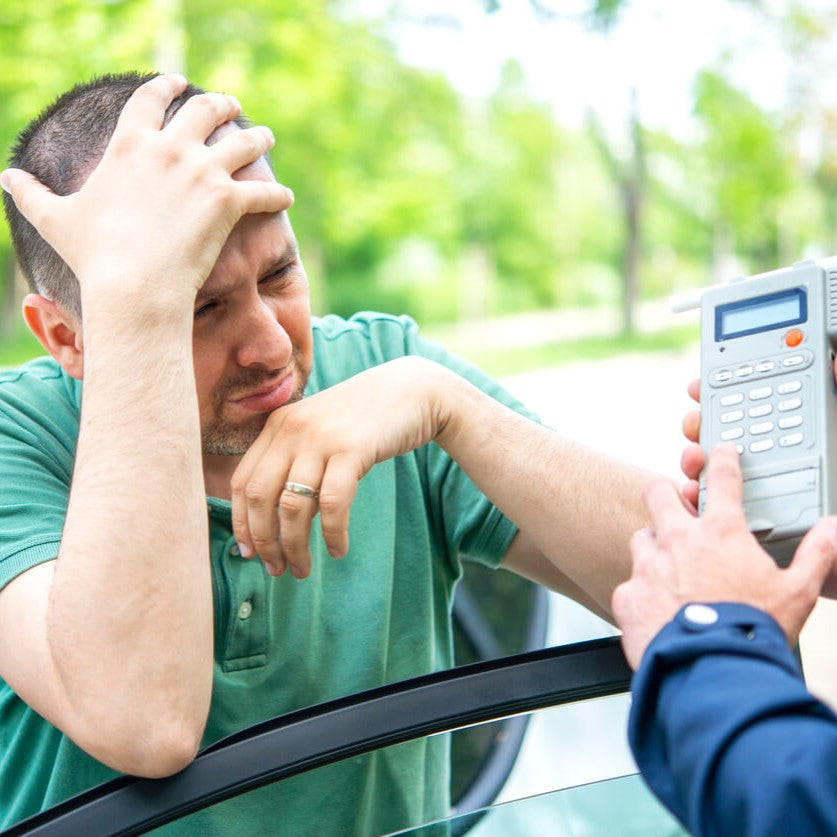
Say No When Asked to Blow: The Fallibility of Breathalyzer Test
David Walton
May 28, 2024
What if Google Maps directed users to the wrong destination 4 out of every 10 times? People simply wouldn't rely on it. Fortunately, Google Maps is highly accurate. However, the same cannot be said for breathalyzer tests, which are estimated to yield inaccurate results up to 40% of the time.
Breathalyzers, also known as portable devices, are used by law enforcement to measure a person's blood alcohol concentration (BAC) by analyzing their breath. They're commonly employed during traffic or boating stops to ascertain if a driver is intoxicated. However, breathalyzers aren’t flawless. In fact, they frequently produce false-positive readings, leading to unjustified DUI arrests. Recognizing the potential shortcomings of these tests and knowing when to challenge their accuracy can significantly safeguard your rights and prevent unnecessary legal entanglements and jail time.
The Fallibility of Breathalyzer Tests
Breathalyzer tests operate under the assumption of ideal testing conditions; a standard-sized subject (by weight) with no health conditions, perfect environmental conditions (no airborne particulate), properly calibrated equipment, and a skilled administrator. However, real-world scenarios rarely align with these assumptions, leaving room for error and misinterpretation.
Factors Contributing to False Positives
Poor Equipment Calibration: If law enforcement fails to calibrate the breathalyzer correctly, it could yield inaccurate results.
Medical Conditions: Certain medical conditions and medications can increase BAC levels and leave residual alcohol in the mouth, leading to false positives. This may include acid reflux (heartburn) and respiratory conditions like asthma.
Low-carb Diets or Carnivore Diets: When limiting dietary carbohydrates, meat and dairy fats are broken down in the liver to produce ketones. Ketones have a molecular composition that is highly similar to that of isopropyl alcohol which can be confused as ethyl alcohol (alcohol that is consumed).
Contamination: External factors such as improper device cleaning, airborne chemicals, or mouth-mints can contaminate breathalyzer tests, resulting in false positives. In particular, some law enforcement agencies have discontinued the user of breathalyzers for boaters since salty air is a known contaminant.
Sugar Alcohol in Foods: Foods containing sugar alcohols like Adkins low-carb snacks, pecans, or ripe fruit have been known to interfere with breathalyzer readings; as can spicy meals that increase stomach acidity.
Protecting Your Rights
Remember, you have the right to refuse a breathalyzer test, though doing so may result in other sanctions such as license suspension. Ultimately, prioritizing your legal rights by seeking reliable legal support and information can help safeguard your future and prevent unnecessary legal repercussions.
So, the next time you’re asked to blow into a breathalyzer, remember: saying no could be the first step in protecting your rights and defending yourself against unjust DUI charges.
← Older Post Newer Post →


1 comment
Gregorii / Aug 01, 2024 at 19:10
Does your app work if police investigators want to question u?